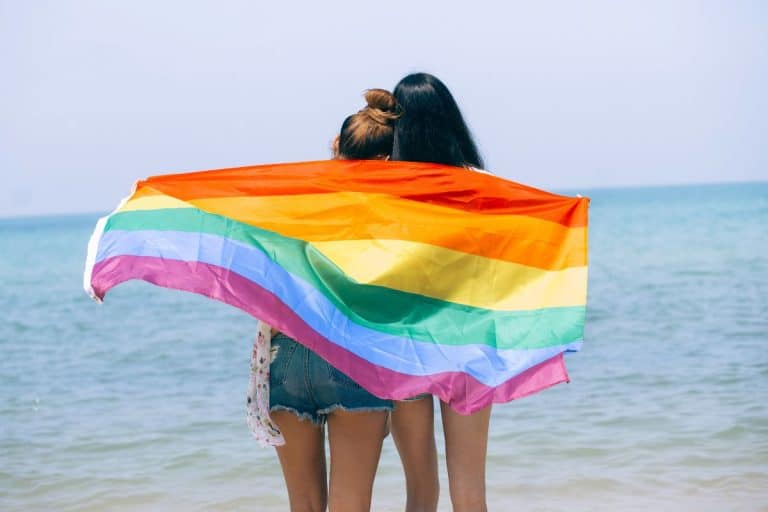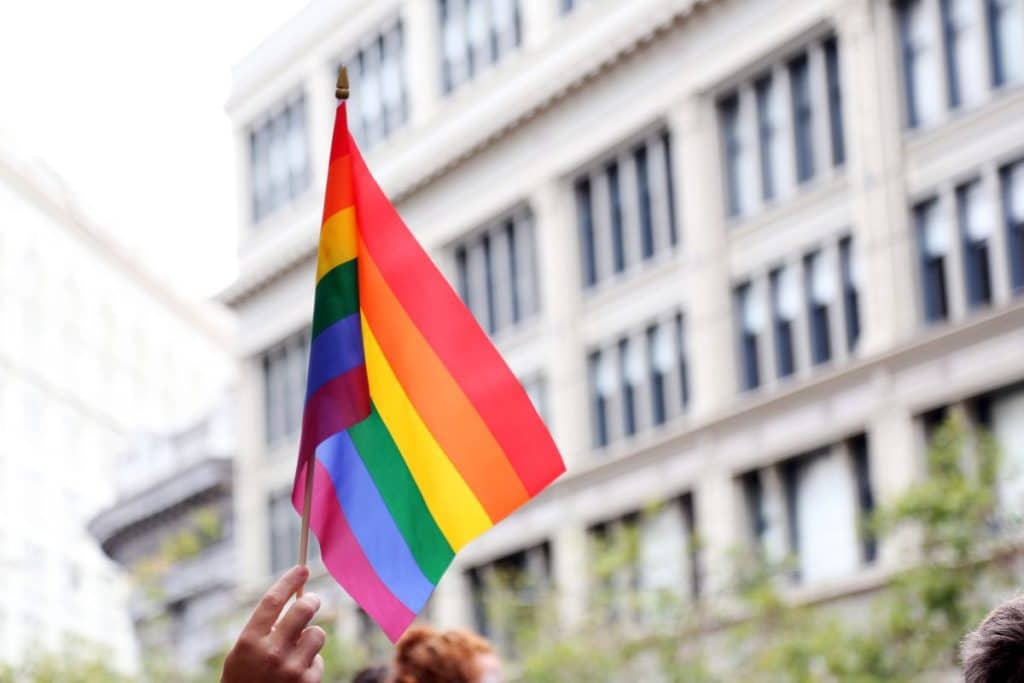Canada has revised its global travel advisory to warn LGBTQ+ people that they may face discrimination when traveling to certain locations in the United States.
The measure came after at least 18 U.S. states passed laws restricting or banning activities important to the community, such as providing children with gender-affirming medical care and educating them about sexual orientation.
Canada’s U.S. warning does not list which states or which of their laws or customs are of concern, unlike similar warnings for a number of other nations, such as Tanzania or Egypt. It simply advises travelers to check local regulations in their destination before departure.
The government provides some links to tools and resources to help you learn about relevant regulations around the world on a more general page about recommendations for LGBTQ+ travelers abroad.
“Carefully consider whether you are comfortable visiting a destination where the laws and social customs affecting (LGBTQ+) people differ from those in Canada,” the government warns.
Several civil rights organizations, including the NAACP and the Human Rights Campaign, which is an LGBTQ+ advocacy organization with a U.S. basis, released their own travel warnings for Florida in May. That followed restrictions on drag shows, the use of toilets, and the use of preferred pronouns in schools that were signed into law by Governor Ron DeSantis, who is vying for the Republican presidential nomination.
Additionally, Florida teachers are now compelled to instruct pupils that sex is “an immutable biological trait” and that they should only refer to people by their pronoun as shown on their birth certificates. The “Don’t Say Gay” measure, as detractors have nicknamed the law, also prohibits the teaching of gender identity or sexual orientation until high school.
The organizations said they would not recommend avoiding Florida at all costs. But they said that people who chose to visit anyway should take the opportunity to protest the laws, and if they did not, they should be clear about their reasons.
The general page for LGBTQ+ travelers in Canada notes that they may be discriminated against in some places if they use an X in place of gender in their passport.
When asked about the change, Deputy Prime Minister Chrystia Freeland said Tuesday that Global Affairs Canada’s travel warnings are based on the opinions of experts tasked with looking out for specific threats.
The relationship with the United States is one of the most important for the government, she said, declining to elaborate on whether liberals had discussed the issue with the U.S. President Biden.
“We are able to manage that relationship regardless of the choice that the people of the United States make,” said Freeland.
“Even as we work hard on that government-to-government relationship, every Canadian government, very much including our government, needs to put at the centre of everything we do the interests and the safety of every single Canadian and every single group of Canadians.”
U.S. Ambassador David Cohen did not specifically comment on the recent travel warning in a written statement, but he did note that his country “stands for equality and equal treatment for all”
“The United States is committed to promoting tolerance, inclusion, justice and dignity while helping to advance equality for the LGBTQI+ community,” he wrote.
“We all must continue to do this work with our like-minded partners not only in the United States, not only in Canada but throughout the world.”


